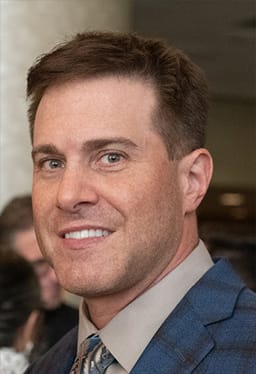Elder Law
As we or our family members get older, it becomes even more critical to plan for the legal aspects of aging, including incapacity, physical and mental disability, long-term care and end of life. This type of planning ideally is most efficient if done early, as any last-minute planning is rarely as cost-effective or efficient as advance planning.
Typical elder law issues include:
- Planning for possible long-term care options (public and private) and how to pay for them
- Qualifying for Medicaid and long-term care benefits for a family member’s debilitating illness, such as Alzheimer’s
- All aspects of incapacity and disability planning
- Timing of whether/when a person may or should lose the legal ability to act on their own behalf
- Asset protection for seniors
- Special needs issues and trusts
Clients frequently ask us:
- How does Medicare differ from Medicaid, and which covers long-term care?
- How will I be cared for if I have a long-term illness, stroke, etc., or am unable to live alone?
- How will I pay for long-term care or hospitalization, and can I get long-term care at home?
- What assets can a person legally keep or what strategies are legally permissible to qualify for government benefits without losing everything they own?
We help individuals and families address these issues and questions by utilizing a variety of techniques and strategies, including:
- Special needs trusts (obtaining and retaining Medicaid and other public benefit eligibility without losing everything)
- Medicaid planning (qualification, trusts, advance planning, crisis planning, and other steps related to qualification and maximization of benefits)
- Planning the estate (wills and trusts)
- Administering the estate after a loved one passes away
- Living wills, medical and financial powers of attorney (to address incapacity, life support, etc.)
- Planning for living arrangements and long-term care options
- Spousal concerns where only one spouse is facing long-term care issues
Getting started is easy, and free. At any time you may call us at 720-370-9387, or you may use the intake form on our Contact page, and we will return your message promptly.

